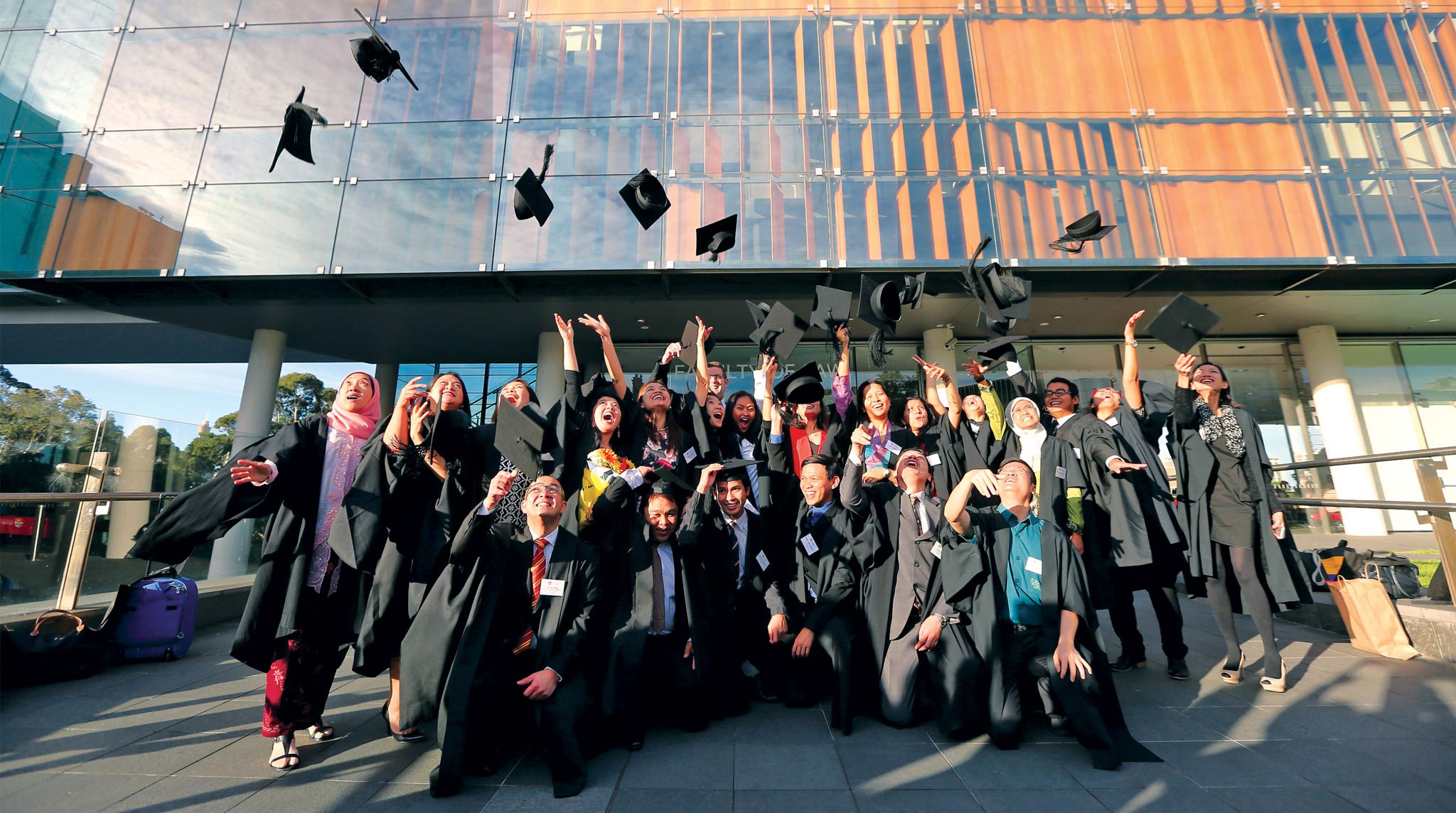Living wills, also known as advance directives, are legal documents that detail a person’s healthcare wishes in the event they become incapable of making medical decisions for themselves. However, for many individuals, cultural and religious beliefs may play a significant role in their decision-making process when it comes to creating a living will.
The impact of cultural and religious beliefs on living wills can vary drastically depending on the individual’s beliefs and traditions. In some Eastern cultures, such as those in Japan and China, the concept of end-of-life care and making decisions about medical treatment is often left to family members rather than the individual themselves. In contrast, Western cultures tend to prioritize individual autonomy and decision-making when it comes to these matters.
In addition to cultural beliefs, religious beliefs also play a significant role in shaping an individual’s view of end-of-life care. Many religions have specific teachings and customs surrounding death and dying, and these beliefs can often conflict with certain aspects of modern medicine, such as life support and organ donation.

For example, in the Catholic faith, there is a strong emphasis on the preservation of life, even in cases where death is imminent. As a result, some Catholics may choose to forgo certain medical interventions, such as the removal of a feeding tube or ventilator, even if it means prolonging their suffering. On the other hand, Jainism, a religion from India, advocates for nonviolence and non-harm towards all living beings. As a result, Jains may opt for end-of-life care that avoids any harm to the body, even if it means foregoing certain medical treatments.
These contrasting beliefs and traditions can lead to difficult decision-making when it comes to creating a living will. Some individuals may feel torn between their cultural or religious beliefs and their desire to maintain control over their medical care. It is important for medical providers and legal professionals to recognize these differences and work with the individual and their family to create a living will that takes into account their unique cultural and religious beliefs.

In cases where cultural or religious beliefs conflict with modern medical treatments, it may be helpful to consider alternative options, such as palliative care or hospice. These options prioritize comfort and quality of life rather than prolonging suffering. It is crucial to ensure that an individual’s living will reflects their desires and beliefs while also ensuring that their medical needs are appropriately addressed.
Cultural and religious beliefs can have a significant impact on an individual’s decision-making process when it comes to creating a living will. It is important to recognize these differences and work with the individual and their family to create a plan that respects their beliefs while also ensuring that their medical needs are met. With compassion and understanding, we can navigate these complex issues and ensure that end-of-life care is guided by the individual’s wishes and values.





